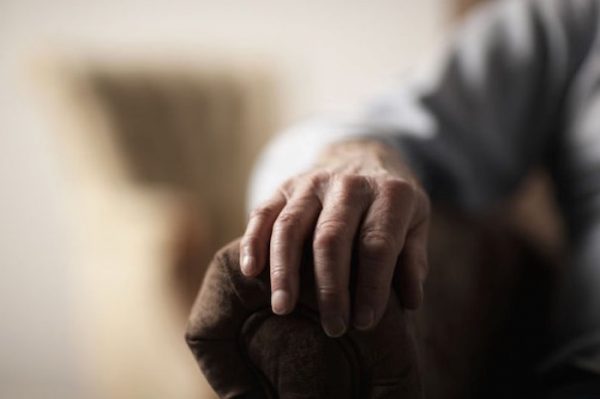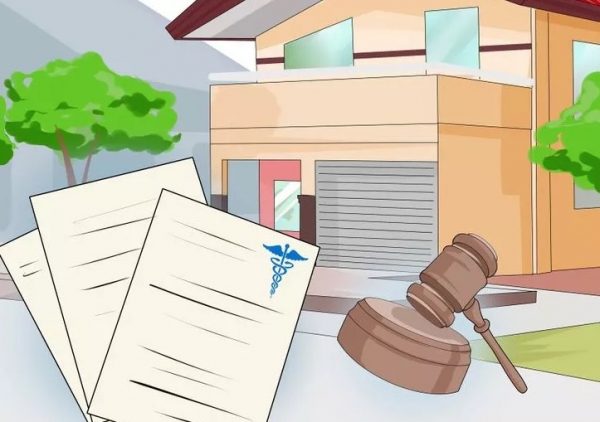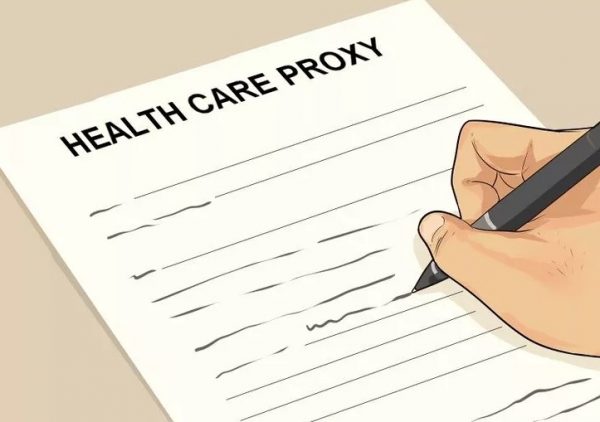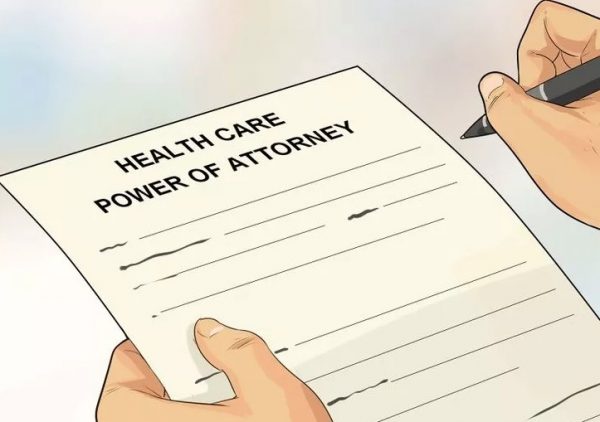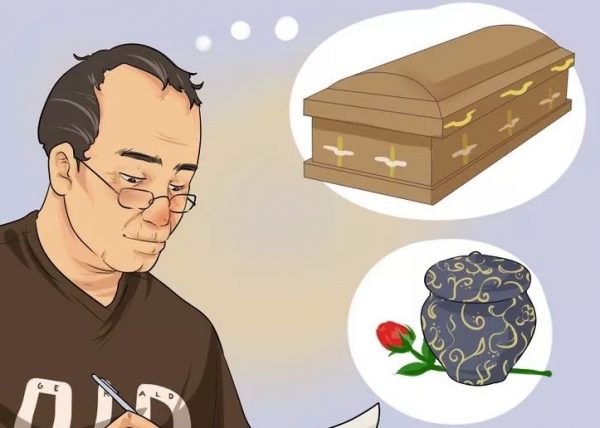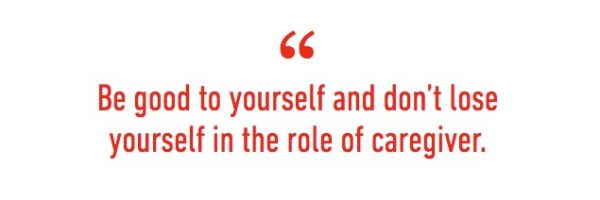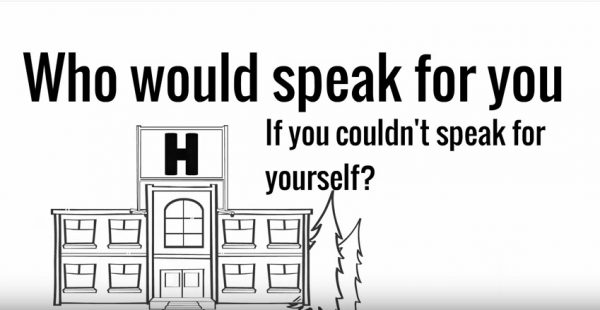By Bob Tedeschi
A terminal illness can be devastating for an entire family, with relatives often forced to make decisions about a loved one’s care if the patient is no longer able to do so.
If the patient has dementia, the situation can be even harder. By the time a neurological disorder is diagnosed, many patients can’t think clearly or articulate their wishes for end-of-life care.
So what to do?
Amid the many imperfect options comes a new and promising one.
The Conversation Project, an organization that publishes a guide called “the Conversation Starter Kit,” to help families through end-of-life conversations, recently released a sequel for families of Alzheimer’s and dementia patients. Co-produced by the Institute for Healthcare Improvement, it was co-written by Ellen Goodman, a Pulitzer-winning journalist who founded the Conversation Project and who lost her sister to Alzheimer’s disease roughly four years ago.
“The day she was told by a doctor that she had Alzheimer’s, we got back in the car. She talked about it for a moment and I had this great sense of relief that it was finally on the table,” Goodman said. “Then of course the next day she forgot.”
“We were really too late,” she said.
Goodman knew she wasn’t alone. When promoting the importance of end-of-life conversations, she said, “We were repeatedly asked the question: ‘Yeah, but what if your loved one is cognitively impaired?’”
The new guide, which is available in full here, breaks down the conversation into several steps, with recommendations based on a person’s cognitive abilities.
If the person with dementia is still able to process information effectively, the guide suggests leading them through a brief questionnaire known as the “Where I Stand Scales.” On a scale of 1-to-5, for instance, they are asked how much they’d like to know about their condition and treatment, or how much of a say they would like to have in their medical treatment.
If they are in the midstages of the disease, loved ones are encouraged to gather information in small bites, and look for the right opportunities to talk. Dementia patients often have moments when they remember certain events clearly, like the extended illness of a friend, and such topics can offer the chance to ask questions that might uncover a person’s medical preferences.
If a relative can’t participate in the conversation, the guide suggests a family meeting in which participants fill out the questionnaire as the patient would.
“So often, the doctors will have the family in the room, and they’ll all be absolutely positive that their loved one wanted something, and they’ll all have a different idea of what that is,” Goodman said. “It’s critical to say ‘Let’s bring this person in the room: How did they make decisions? When did they say something about someone else with Alzheimer’s?’ Figure out what that person wanted, not what you want.”
For families who may be prone to conflict or messy tangents, the guide serves as a script and a means of building empathy through brief testimonials. One such testimonial reads: “The shame involved is very parallel to mental illness. The more profound or accomplished the people are, the more shame is involved. The behavior can be so off the charts that you want to both protect and hide.”
There’s an all-important recommendation that too many families overlook — namely, to create a written statement of wishes for caregivers, other family members, and EMTs to follow, and circulating the document or placing it somewhere that’s hard to miss. (On the refrigerator door, for instance.)
Joanna Baker, of Brookline, Mass., moved her parents closer to her home several years ago so she could more effectively manage her mother’s Alzheimer’s disease and spend time with them while they were still relatively healthy. The new Conversation Starter Kit came too late to help her form an end-of-life plan with her mother’s direct input, but she said it helped her in other ways.
“With someone in cognitive decline, you really have to go do the detective work — intuition, translating signals,” she said. “It’s already hard enough. We’re all plodding through this with a tremendous underlying stream of grief.”
Looking for signals in a loved one’s suddenly foreign behavior, she said, requires separating oneself from that grief long enough to view such behaviors not as a reminder of something lost but as a token of something valuable.
Baker has seen her mother exhibit new tendencies the more time she has spent in the dementia unit: deep affection for, and whispered conversations with, a realistic-looking stuffed cat named Douglas, and an affinity for brightly colored caps from washing detergent bottles, for instance.
There was also the time she lashed out at a doctor who gave her a flu shot.
“The doctor said ‘She’s telling you she really doesn’t want an intervention,’” Baker said. “That was like gold to me, because she was helping me interpret my mother’s behavior.”
Her mother is happy, and Baker is confident she is helping her mother live her life according to her mother’s wishes, down to the songs that play in her room.
“We’ve had to cull the music selection, because things she might’ve liked at one time would be less understandable,” she said. “‘Somewhere Over the Rainbow’” always works.”
“How do I know this?” she added. “I pay attention. Her toes tap when she hears that music.”
Complete Article HERE!


